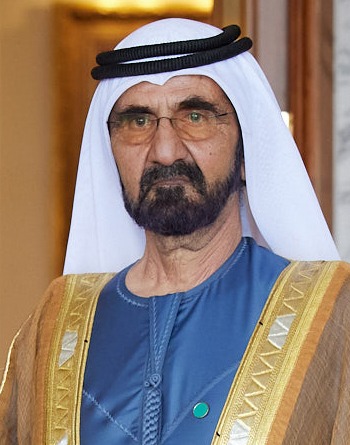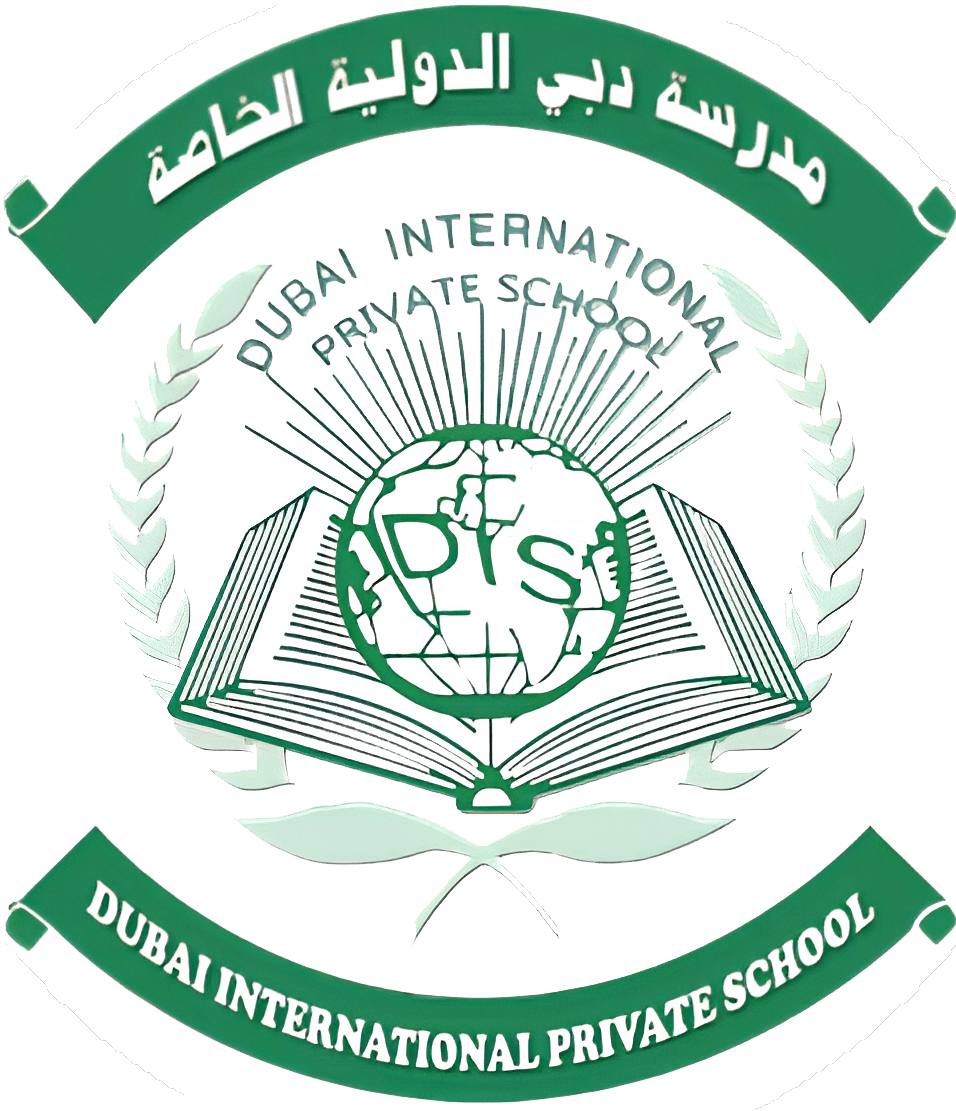Dubai International Private School: Empowering Minds, Inspiring Hearts, Shaping the Future. مدرسة دبي الدولية الخاصة: تمكين العقول، إلهام القلوب، تشكيل المستقبل
Dubai International Private School: Empowering Minds, Inspiring Hearts, Shaping the Future. مدرسة دبي الدولية الخاصة: تمكين العقول، إلهام القلوب، تشكيل المستقبل
Dubai International Private School: Empowering Minds, Inspiring Hearts, Shaping the Future. مدرسة دبي الدولية الخاصة: تمكين العقول، إلهام القلوب، تشكيل المستقبل
Call us anytime
DIPS-G and the UAE National Agenda
National Agenda Parameter
In 2014, H.H. Sheikh Mohammed Bin Rashid Al Maktoum, Vice-President and Prime Minister of UAE, and Ruler of Dubai, launched the UAE National Agenda 2021. In 2015, KHDA launched the National Agenda Parameter, which is a method for measuring and monitoring schools’ progress towards achieving the UAE National Agenda targets.
School’s Progression in International Assessments
- Almost all test results of the National Agenda Parameters at DIPS-G show improvement. Grade 4, 8 and 9 students’ scores in the Trends in International Mathematics and Science Study (TIMSS), Progress in International Student Assessment (PISA) and the Progress in International Reading Literacy Study (PIRLS), have improved. The greatest improvement was in Grade 4 where students exceeded the set targets. Most Measures of Academic Progress (MAP) results have also improved. Many students exceed their predicted outcomes from measures of academic potential (CAT4). Progression of students in English and science is good, and it is improving in mathematics.

Impact of Leadership
Leaders of all levels give the National Agenda high priority. They carefully analyze the assessment information to check the performance of all groups of students. This information is then used to provide additional support where it is most needed.
Impact of Learning
The development of critical thinking is consistent across the school. Lessons are effective and teachers use skillful questioning to probe students’ understanding and develop their critical thinking when information technology is a major boost to students’ learning.

Reading Across the Curriculum
- Most students’ reading levels meet (even exceed) with stem as evident in their external MAP test results and internal school assessments. From low starting points, most students make good progress in
- By the end of the high school, most students are confident readers who are capable of using a range of reading strategies.
- The library environment and the range of reading resources available are conducive to promoting a love of reading.
- The school policy for the development of reading across the curriculum works very well especially in creating reading opportunities that are conducive to students’ learning.
UAE Social Studies
- Appropriate adaptations are made to the curriculum to support and challenge students with differing abilities. A variety of resources are used to engage and motivate students and promote their learning.
- Students use their learning skills to engage in relevant discussions and make cross-curricular links. They can explore topics for themselves and use technologies in project
- In lessons and in their work, a majority of students attain levels that are above the curriculum
- Students’ work shows that a majority make better than expected progress in relation to their individual starting points and the expectations of the
Innovation
- Learning skills are developed well with enough use of digital technology to support innovative
- Students are encouraged to take the lead roles in voluntary activities. Through such activities, students develop a good sense of social
- Teachers provide some opportunities for students to work on innovative projects. Levels of challenge promote higher-order
- The development of skills of innovation is identified in the curriculum and in lesson plans and is translated into
- The level of cohesion in school leadership impacts development of innovation within the school






